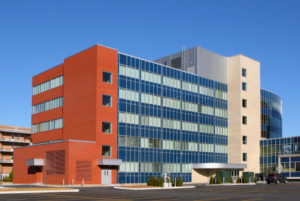Safety-net hospitals and others will lose a significant portion of their Medicaid disproportionate share (Medicaid DSH) payments on November 22 unless Congress delays implementation of the cut in those payments that was mandated by the Affordable Care Act.
And hospitals that receive these payments are now preparing for the worst.
 The Medicaid DSH cut was included in the 2010 health care reform law in anticipation of a great reduction in the number of uninsured people leaving hospitals providing much less uncompensated care and therefore not in need of as much DSH money. The law’s reach has not proven to be as great as anticipated, however, and two developments since the law’s passage have put a damper on the expected rise in the number of insured Americans: a court decision that made it optional for states to expand their Medicaid program and the repeal of the requirement that everyone purchase health insurance.
The Medicaid DSH cut was included in the 2010 health care reform law in anticipation of a great reduction in the number of uninsured people leaving hospitals providing much less uncompensated care and therefore not in need of as much DSH money. The law’s reach has not proven to be as great as anticipated, however, and two developments since the law’s passage have put a damper on the expected rise in the number of insured Americans: a court decision that made it optional for states to expand their Medicaid program and the repeal of the requirement that everyone purchase health insurance.
Four times Congress has voted to delay the Medicaid DSH cut because so many people remained uninsured. Now, however, the most recent delay in implementation of the cut, via a provision in the continuing resolution currently funding the federal government, expires on November 21, and hospitals – many of them already with razor-thin margins – are preparing for the worst: a major reduction of their federal Medicaid DSH money.
Pennsylvania’s safety-net hospitals would face potentially major harm if this cut were to be implemented, so last month SNAP asked members of Pennsylvania’s congressional delegation to support a bipartisan movement in Congress to delay the Medicaid DSH cut for two years.
Learn more about the prospect of a major Medicaid DSH cut later this month, how it might affect safety-net hospitals – including the kinds of private safety-net hospitals represented by NASH – and what some hospitals are doing to prepare for the possibility in the Stateline article “Rural and Safety Net Hospitals Prepare for Cut in Federal Support.”